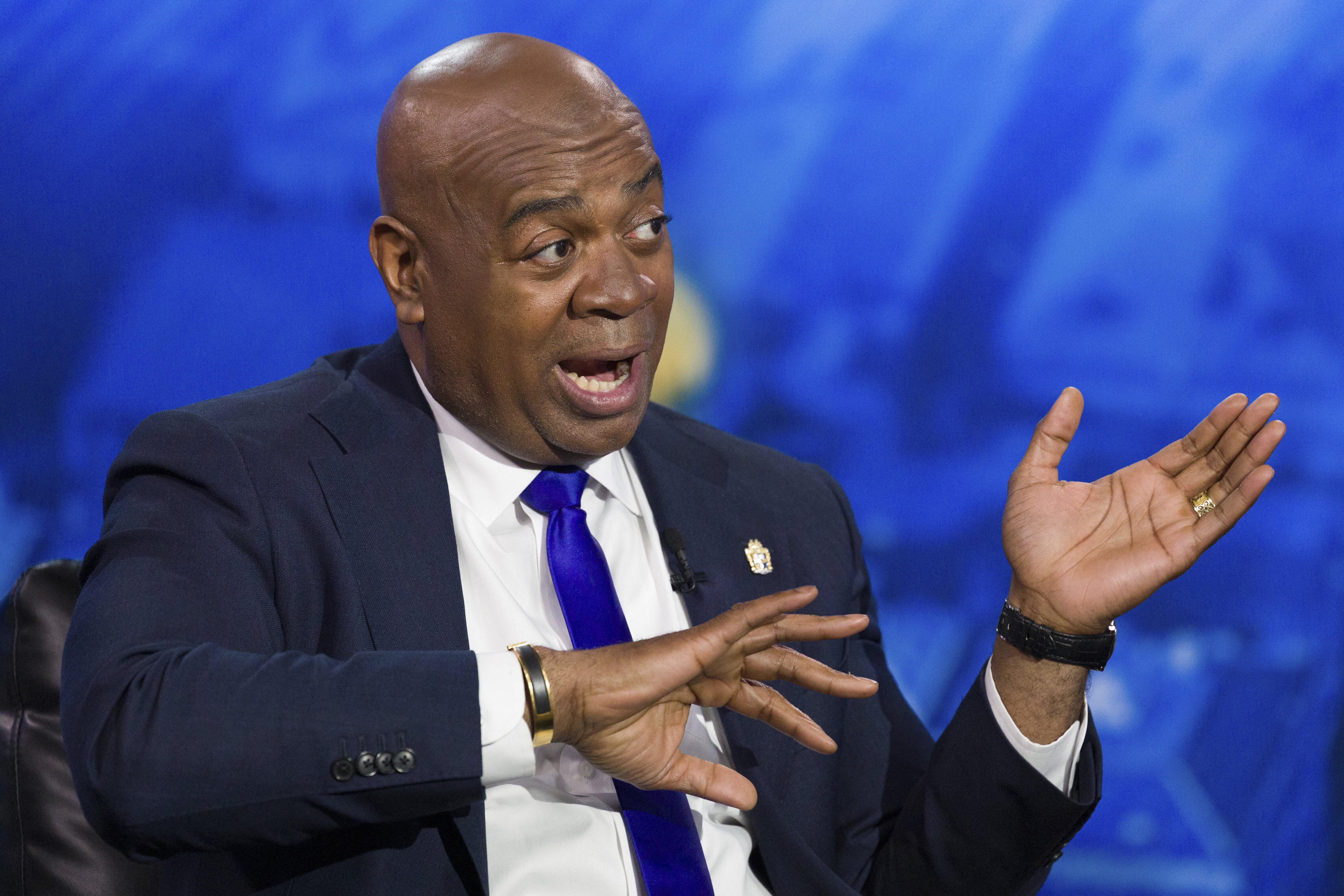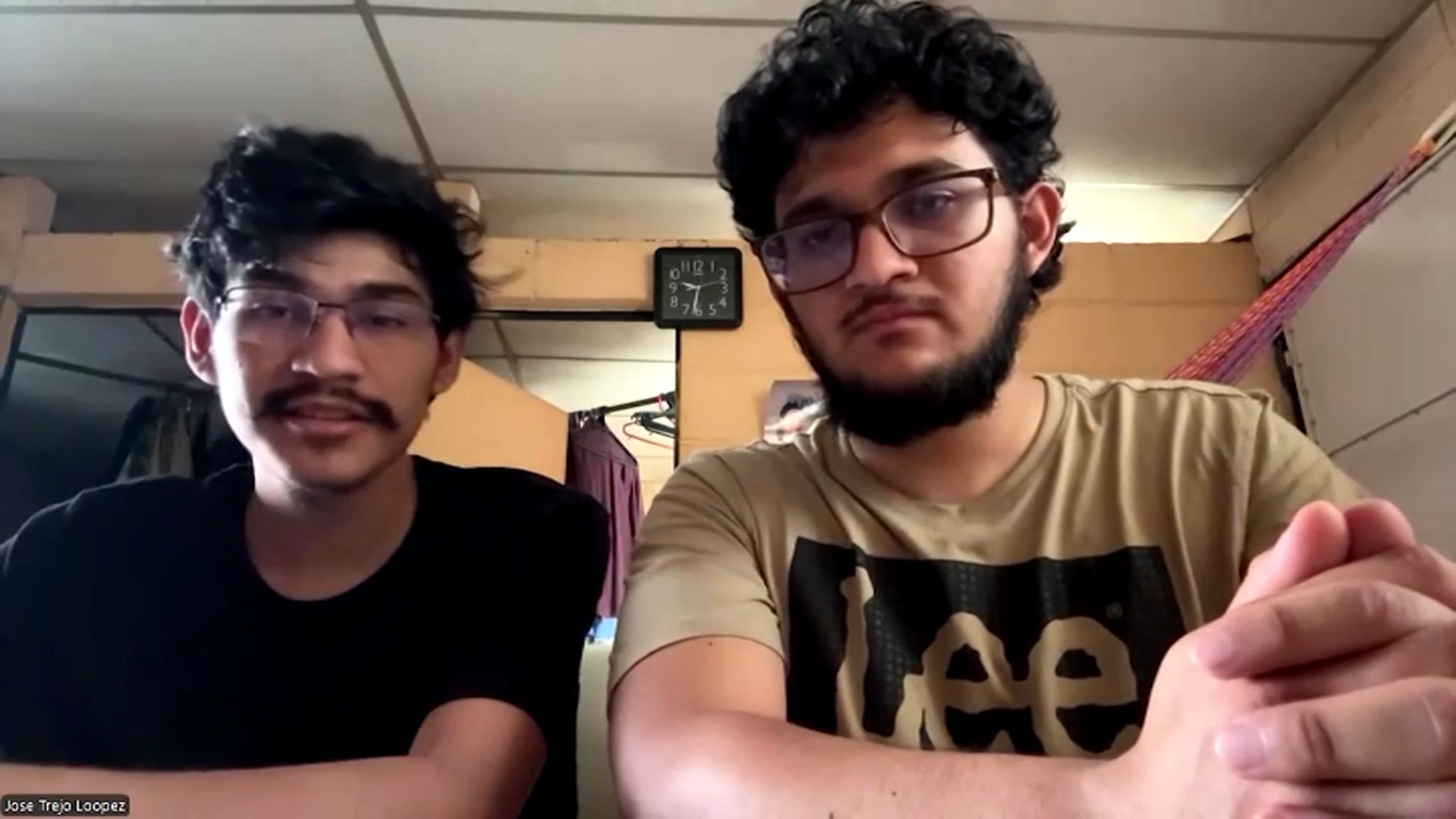Due Process: Marco Rubio's Stand on Immigrant Rights
Marco Rubio Affirms Due Process Rights: Even for Undocumented Immigrants?
Introduction: Decoding Rubio's Stance on Due Process
Marco Rubio, a prominent figure in American politics, recently made headlines by stating, "Of course," all people in the U.S. are entitled to due process. But what does this seemingly straightforward statement actually mean, especially in the context of the Trump administration's immigration policies? Is it a simple acknowledgement of constitutional rights, or does it hint at a more complex position given the ongoing debates surrounding immigration enforcement?
The Context: Trump Administration and Immigration
The Trump administration's approach to immigration was often characterized by strict enforcement measures and a focus on deportation. This agenda frequently clashed with arguments for due process rights for undocumented immigrants. Remember the debates surrounding family separations at the border? Or the challenges to DACA (Deferred Action for Childhood Arrivals)? These instances highlighted the tensions between immigration control and legal protections.
Rubio's Affirmation: A Simple Truth?
Rubio's seemingly unequivocal statement – “Yes, of course” – suggests a fundamental agreement on the importance of due process. But the devil, as they say, is in the details. Does this affirmation translate into specific policy recommendations or challenges to existing practices? It's easy to say everyone deserves due process; it's harder to define what that looks like in practice.
Understanding Due Process: What Does It Really Mean?
So, what exactly *is* due process? At its core, it's about fairness in legal proceedings. Think of it as a set of rules designed to ensure that the government doesn't unfairly deprive anyone of life, liberty, or property. It encompasses things like the right to a fair hearing, the right to legal representation, and the right to challenge evidence presented against you. Imagine trying to play a game when the rules keep changing – that's what it feels like to be denied due process.
Procedural vs. Substantive Due Process
Due process actually has two main components: procedural and substantive. Procedural due process focuses on the *how* – the procedures the government must follow. Substantive due process, on the other hand, focuses on the *what* – the content of the laws themselves. Are the laws fair and reasonable? Does the government have a legitimate reason for restricting someone's rights?
The Alien Enemies Act: A Point of Contention
Rubio’s statement gains greater significance when considering the Trump administration’s efforts to use the Alien Enemies Act to expedite deportations. This Act, originally designed to deal with citizens of hostile nations during wartime, was invoked to justify the immediate deportation of immigrants accused of being members of the Tren de Aragua gang. This raised serious concerns about bypassing standard legal procedures and potentially violating due process rights.
Tren de Aragua: Deportation Debate
The case involving alleged members of the Tren de Aragua gang highlights the complexity of the issue. The administration argued for swift deportation, citing national security concerns. Opponents, however, contended that these individuals deserved the opportunity to defend themselves in court. This brings into question the balance between national security and individual rights. Where do we draw the line?
The Supreme Court's Intervention: A Temporary Reprieve
The Supreme Court's decision to pause the deportations of some Venezuelan men associated with Tren de Aragua was a significant development. It signaled a willingness to scrutinize the administration's use of the Alien Enemies Act and to ensure that basic due process rights were respected. However, it's important to remember that this was a temporary pause, not a definitive ruling on the merits of the case.
Citizens vs. Non-Citizens: Are Rights Different?
A common question is whether the due process rights of citizens and non-citizens differ. The answer is complex. While citizens enjoy the full spectrum of constitutional rights, non-citizens are also entitled to due process under the Fifth and Fourteenth Amendments. The extent of those rights, however, can vary depending on their immigration status and the specific circumstances of their case. Think of it like a sliding scale – the more deeply rooted someone is in the community, the stronger their claim to due process protections may be.
The Political Implications: Rubio's Balancing Act
Rubio's statement likely reflects a delicate balancing act. On one hand, he needs to appeal to his conservative base, which often favors stricter immigration enforcement. On the other hand, he also needs to project an image of fairness and respect for the rule of law. Navigating these competing pressures is a challenge for any politician, and Rubio's comments may be an attempt to strike that balance.
Beyond Deportation: Due Process in Other Immigration Contexts
It's important to remember that due process issues extend beyond deportation cases. They also arise in situations involving asylum claims, visa applications, and immigration detention. In each of these contexts, individuals are entitled to fair procedures and the opportunity to present their case to the government. Failure to provide adequate due process can have devastating consequences for those seeking to build a life in the United States.
The Role of the Courts: Guardians of Due Process
The courts play a crucial role in safeguarding due process rights. They serve as a check on government power and ensure that immigration laws are applied fairly and consistently. By hearing challenges to immigration policies and procedures, the courts help to define the boundaries of due process and protect vulnerable individuals from abuse. In essence, the judiciary is the referee, ensuring everyone plays by the rules.
The Impact on Immigrant Communities: Fear and Uncertainty
The ongoing debates surrounding immigration and due process have a profound impact on immigrant communities. The fear of deportation and the uncertainty about their legal status can lead to stress, anxiety, and a reluctance to engage with public institutions. This can have negative consequences for their health, education, and overall well-being. Imagine living in constant fear that your family could be torn apart at any moment – that's the reality for many immigrant families in the United States.
Looking Ahead: The Future of Due Process in Immigration
The future of due process in immigration will depend on a number of factors, including the political climate, the composition of the courts, and the advocacy efforts of immigrant rights organizations. It is crucial that policymakers engage in thoughtful and informed debates about immigration reform and that they prioritize the protection of fundamental rights. Will we see a move towards greater protections for immigrants, or will the focus remain on enforcement and deportation? Only time will tell.
The Ethical Considerations: More Than Just Legality
Beyond the legal arguments, there are also important ethical considerations. What kind of society do we want to be? Do we believe in treating all people with dignity and respect, regardless of their immigration status? These are fundamental questions that go to the heart of our values as a nation. The debate over due process in immigration is ultimately a debate about who we are and what we stand for.
Conclusion: Due Process - A Constant Balancing Act
Marco Rubio's statement affirming due process rights for all people in the U.S. is a welcome reminder of our nation's commitment to fairness and justice. However, it is also a call to action. We must continue to advocate for policies and practices that ensure that due process rights are respected in all immigration contexts. From the Alien Enemies Act to asylum claims, the fight for due process is an ongoing struggle that demands our attention and our engagement. Ultimately, due process is not just a legal concept; it's a moral imperative.
Frequently Asked Questions
Here are some frequently asked questions about due process and immigration:
- Does "due process" mean everyone gets to stay in the US?
No. Due process is about *how* decisions are made, not the outcome itself. It ensures fair procedures, not a guaranteed result. - Are undocumented immigrants entitled to the same rights as citizens?
Not exactly. While they are entitled to due process, the specific rights and protections may vary depending on their circumstances. - Why is the Alien Enemies Act controversial in immigration cases?
Because it allows for expedited deportation without a full hearing, potentially bypassing due process safeguards. - What can I do to support due process for immigrants?
You can educate yourself on immigration law, contact your elected officials, and support organizations that provide legal assistance to immigrants. - How does due process relate to asylum claims?
Due process ensures that asylum seekers have a fair opportunity to present their case and that their claims are evaluated fairly and impartially.




